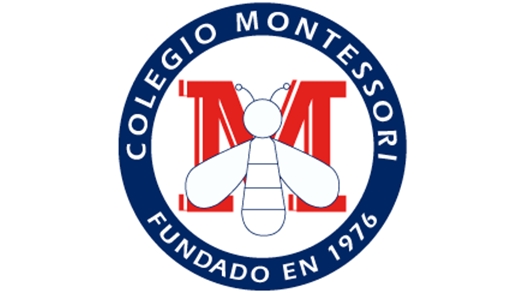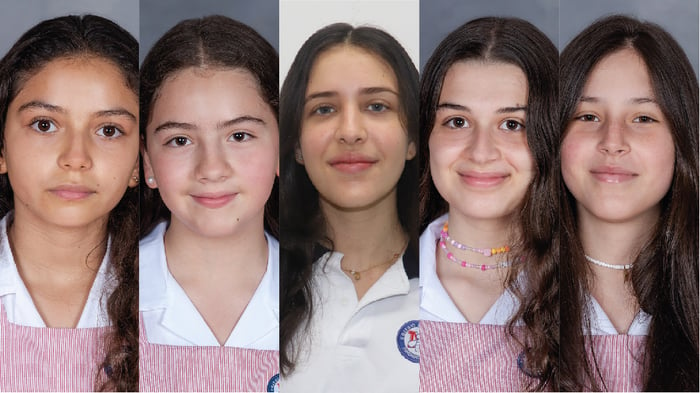“Knowledge is not to be stuffed into the children’s heads. On the contrary, by means of existing information, knowledge should be perceived by them as a consequence of their reasoning.” María Montessori
The Montessori School’s Pedagogical Model articulates the teaching, learning and comprehensive evaluation processes with “the development of the inner self”, educating students with lifelong skills and values.
2. Core assumptions of Montessori School’s Education
Son varias las premisas que orientan la acción educativa del Colegio, pero todas ellas se encadenan en la concepción de la educación como un proceso de humanización cuyo fin es “ser mas en todo sentido”.

With this perspective in mind, the great responsibility is “educating for life”, assuming that what a child is to become in the future, depends primarily on his/her parents’ love and devotion, and secondly, on his/her teachers’ involvement. Thus, every moment of the child’s development process is taken into account and different actions are carried out in order to encourage and closely follow his/her holistic education.
The fundamental axes of our Model, which respond to the question “how do we educate at Montessori School?” are:
Learning to be
Learning to coexist
Learning to do
Learning to undertake
Learning to know

3. Pedagogical Approach

Some common elements support the institution’s educational action:
- Development of the intra-personal dimension
- Preparation for individual and team work
- Creation of pleasant pedagogical environments, with permanent order
- Education in inner discipline
- Learning focused in the connection among cognitive, affective and psychomotor skills
- Respect for the drive and motivation that exists for learning as well as respect for individual rhythms
- Assessment of the moment and quality of interactions that take place among students.
- Structured classes that include the following components: motivation, stimulation of mental structures, student ownership of learning from the affective, cognitive and expressive standpoint.
- Advancement of internalization processes, which is the basis for autonomy.
- Education which takes place amidst interaction as principle and setting
- Intentional work with students’ affective competences
- Balance in the relationship between academic development and inner life.
- Maintaining high standards based on clear principles.
3.1 Our Model’s Core Strategies
At Montessori School, education is based on the holistic development of the inner self, using active methodologies with the following strategies:
Teaching and learning are seen as dynamic processes that focus on the quality of interactions that take place in an organized environment designed for the learning process. Affection and dialogue are vital components of these processes.
“Teaching” with a purpose involves an effective organization from a curriculum and pedagogical standpoint, clarity of purposes, structured lessons, and a practice adjusted to the students’ needs.
Family involvement and mediating action of the family in the cognitive process encourages cooperation between home and school for an organized and productive participation of parents in their children’s learning process.
Encouraging reasoning skills, reading, writing, the application of new technologies, and living the values taught is the foundation for the construction of knowledge, cognitive development and the strengthening of autonomy.
The premise that values the importance of student participation and individual work and the commitment of the student to quality teamwork.
Introducing evaluation processes as an intentional, contextualized and systematic component, which allows a constructive on-going assessment of the student encouraging his/her personal growth and development, while still showing respect towards individual performance rhythms, through a continuous analysis of processes and results.
Positive reinforcement by means of a clear and fair discipline system supported by well-defined feedback processes. An environment of high expectations, indicates strong confidence in the capabilities of students and teachers.
 |
 |
 |


